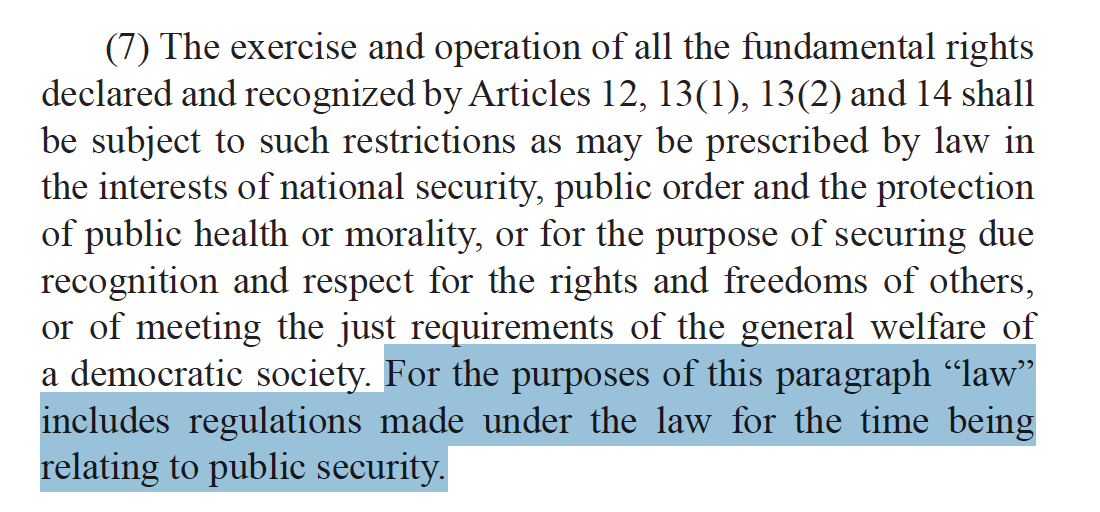
Lawyer | Partner at https://t.co/yENQUZl0dT | Commissioner at @HRCSriLanka
@snowleopards
How to get URL link on X (Twitter) App


https://twitter.com/HRCSriLanka/status/1737757482553053644First and foremost, everyone has the right to be presumed innocent, and the right to remain silent when being questioned by the police.







 S. 15(2) becomes relevant once the indictment is received by the High Court.
S. 15(2) becomes relevant once the indictment is received by the High Court. 
